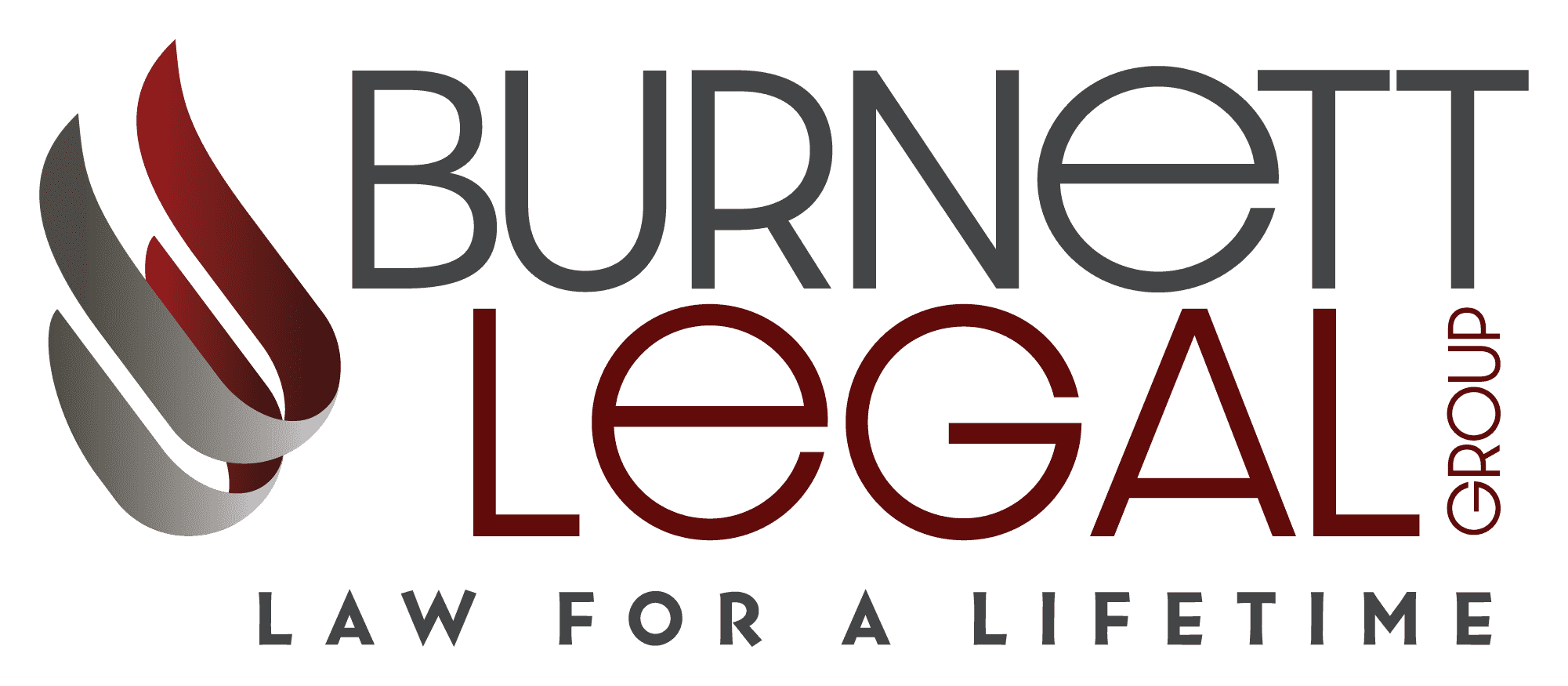Many estate plans will include creating a trust. However, the commonality of these estate planning tools do not mean they are necessarily simple. If you rush into the process of creating and establishing a trust, then you could make some serious mistakes. With planning, preparation, and a bit of knowledge, though, trusts can be nothing to worry about.
What is a Trust?
Trusts allow you to decide how some or all of your finances, property, and other forms of assets will be distributed after you become incapacitated or pass away. You can also use a trust to arrange for ways others should manage your finances on your behalf. When done correctly, a trust will reduce the chances your estate is bogged down by probate and taxes after you pass away, while simultaneously rewarding beneficiaries with your assets. As it can be seen, the purpose of a trust is quite important, and so it should be arranged carefully.
Deciding Who Manages Your Trust
A key element of your trust will be designating a trustee, or trust administrator. This person, who you are free to choose as you please in most situations, will inherit the responsibility of ensuring your trust is carried out to the letter. Most people choose a close family member to manage their trust, but it is also common to select a trusted professional, like an estate planning attorney or a corporate trustee.
The duties of a trustee can be summarized as:
- Fiduciary: A trustee needs to have a clear idea of decisions made regarding the trust and its management, and the ramifications they will cause.
- Knowledgeability: A trustee has to understand the trust in its entirety and should be ready to answer any inquiries from third parties about it.
- Investment management: Some trusts place finances into investments to benefit the estate and its beneficiaries. A trustee is tasked with making smart investments.
- Asset distribution: A trustee has to plan and oversee the distribution of assets according to the trust. They should also be aware that there are situations in which not distributing or dispersing assets is the correct choice. Working with an estate planning lawyer will simplify this process.
- Bookkeeping: A trustee has to pay attention to and record the finances of the trust, including whether or not its finances grow or reduce. Reports should be given to all interested parties once a quarter, or once a year for smaller estates.
- Filing taxes: A trustee may need to file income taxes each year, based on the size and type of trust.
- Retaining help: A trustee has the ability to turn to professionals and experts to help with any of their other responsibilities, like bookkeeping and tax filing.
- Fee collection: It is worth noting that trustees are supposed to be paid for their services as the trustee out of the trust itself or another arrangement. Many people who act as the trustee for a family member do not accept such payments, but there is no shame if you decide you need or deserve them.
Have Questions About Trusts? We Have the Answers
At Burnett Wilson Law, our Omaha estate planning lawyers are here to help you answer any questions you might have about creating a trust, or concerns that arise as you act as a trustee. We are known for being able to manage any estate planning and Medicaid or long-term care planning case, no matter its complications. We subscribe to the belief that what is in the family should stay in the family, so we work hard to make certain estate taxes and other potential consequences are minimized.
Contact our attorneys at (402) 810-8611 to schedule a free consultation with our firm.


